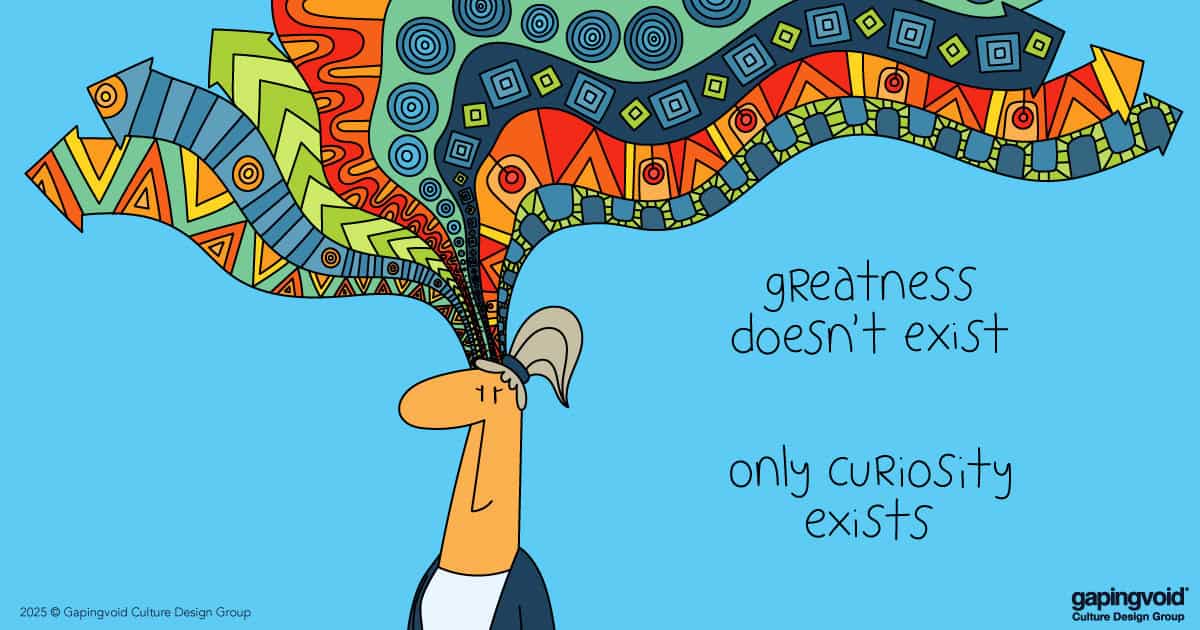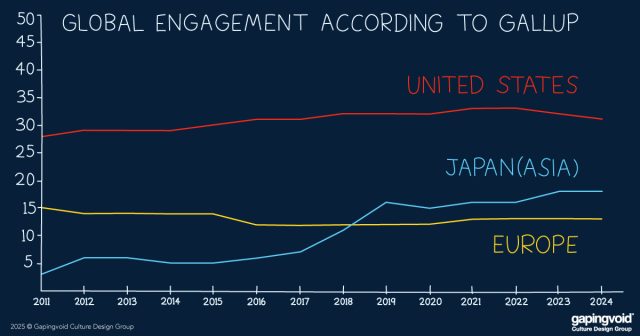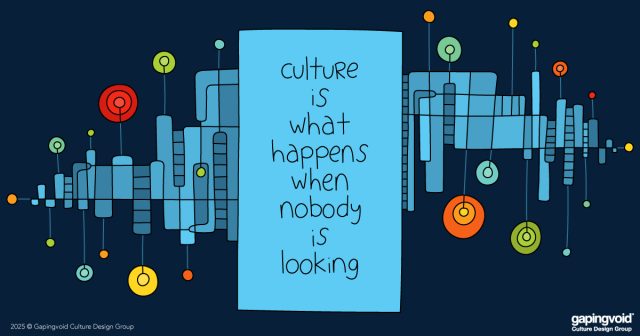
Back when he was still running Microsoft in the 1980s, Bill Gates would vanish into the woods for a week each year. No communication. No meetings – just books and thinking. He called it his “Think Week.”
That was it. Just read and think. Judging from his bank balance, it seems he was onto something.
You notice this about super successful people – they tend to read a lot.
But you also notice that a lot of people who aren’t successful read a lot too. One does not necessarily follow the other.
The thing to remember about people like Bill Gates is that they aren’t reading solely for their own pleasure.
Gates was reading a lot because he was curious about how the world works and where it was headed.
It’s the same curiosity that first drew him to computers.
It’s a bit like the Brooklyn-based designer, Nikki Sylianteng. She became fascinated by a simple question: why are parking signs so maddeningly difficult to read? How might one go about finding better solutions?
So she came up with an elegant open-source solution and invited public feedback. It was simple, effective, and eventually led her to a prestigious full-time gig at Meta as a product designer.
There’s a lesson in this: Gates and Sylianteng succeeded not so much because of what they did in the end, but because of who they were to begin with. Curious.
Curiosity is the killer app.
This is a good lesson for leaders. Don’t just tell people what to do, show them how to be. Instead of commanding more innovation from on high, reward and hire for curiosity. This way, you build from the actual source, rather than adding on another profit-center appendage.
We’re only as good as who we are.
More “Be,” less “Do.”



